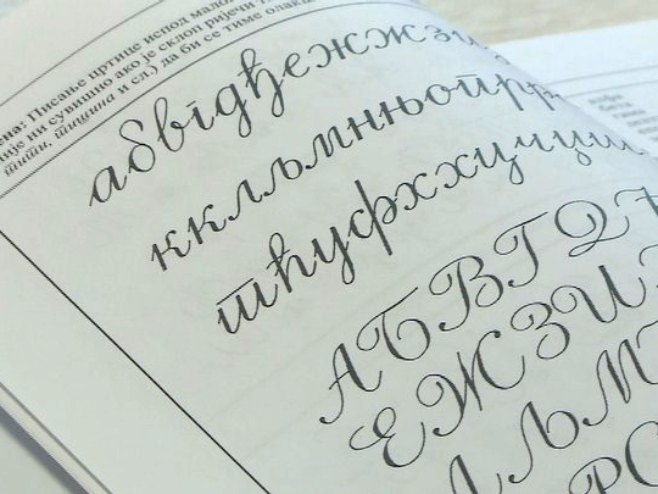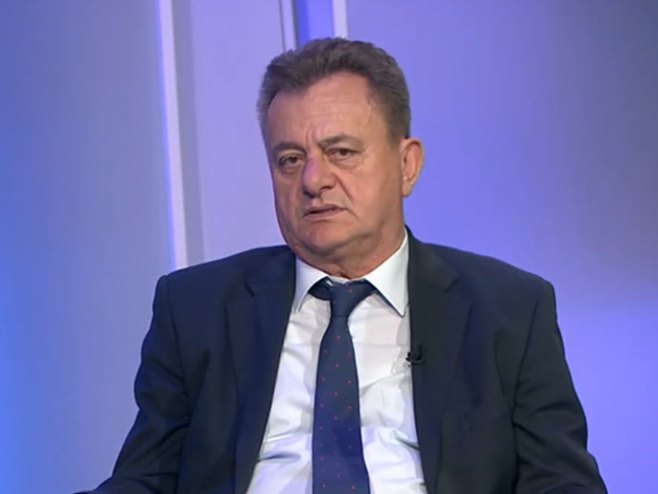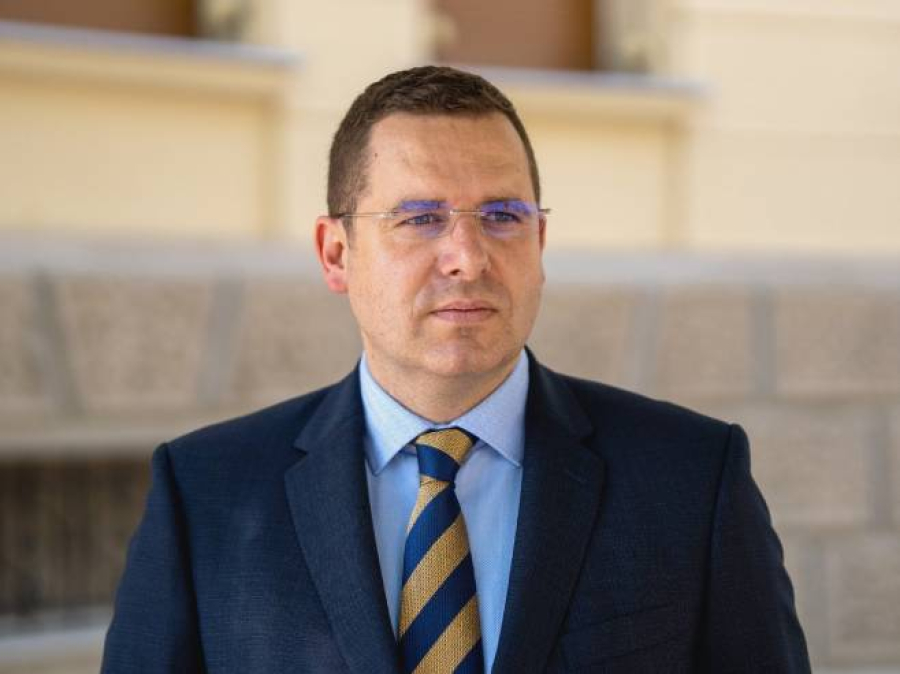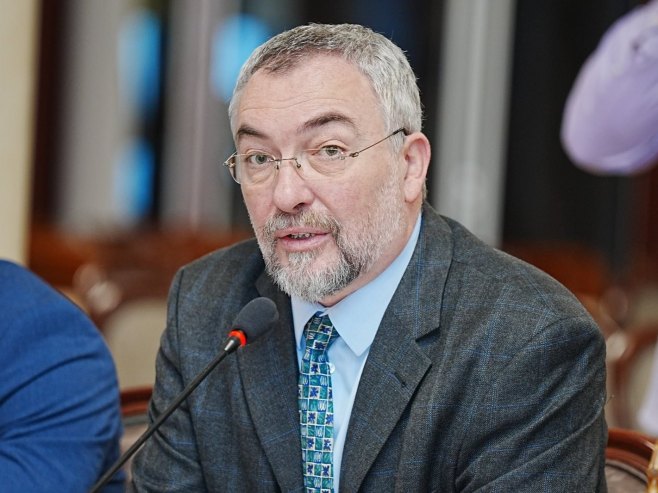The legal system in Bosnia and Herzegovina functions with great difficulty and holds little significance in the international community because it lacks coherence and the ability to establish its own autonomy and independence, due to constant interventions by international representatives, said law professor Vitomir Popović.
Speaking ahead of the upcoming October Legal Days conference titled “The Development and Functioning of the Legal System,” Popović explained that Bosnia and Herzegovina’s legal framework is extremely complex, with 13 different constitutions currently in force.
“Each of the ten cantons has its own constitution and laws, there is the Brčko District, and then the Republika Srpska, the Federation of BiH (FBiH), and the legislation at the state level. This creates a whole range of problems regarding legal priority — for instance, which laws prevail, those passed by the cantons or those at the level of BiH, Srpska, or the Federation,” Popović said.
He pointed out that Bosnia and Herzegovina does not have what most other countries possess — a unified legal system, emphasizing that its structure is entirely fragmented.
Popović added that, unlike in other countries, debating the application of laws or the constitution has become a regular occurrence in BiH, which undermines legal stability.
He stressed that the Constitutional Court of BiH should safeguard the Constitution, but instead often imposes decisions by force.
“Laws are laws — one cannot stand above or below another, and that applies to the Constitution as well. The Court of BiH, for instance, is on the same level as district courts in Republika Srpska or cantonal courts in the Federation, yet it sees itself as a kind of supreme court of BiH. It is not — and it never will be,” Popović asserted.
International interference and imposed decisions
Popović said that the functioning of BiH’s legal system has been further complicated by interventions from so-called representatives of the international community.
“The imposition of decisions and laws by the so-called high representative has undermined both legislative bodies and executive authorities — those who are supposed to propose and adopt laws,” Popović said, noting that he also serves as the President of the Association of Lawyers of Republika Srpska.
He stressed that these are not true representatives of the international community, but rather envoys of specific embassies, and that the current high representative — not appointed in accordance with Annex 10 of the Dayton Agreement — lacks legality and legitimacy.
“This situation has created numerous problems in the functioning of institutions and the legal systems of Republika Srpska, the Federation, and the cantons, in relation to the level of BiH,” Popović added.
According to him, even the judiciary has been compromised, as courts now issue rulings based on decisions imposed by unelected high representatives, treating them as part of the legal order when, in reality, they are not.
Difficult path to solutions
When asked about possible solutions, Popović said that finding one is extremely difficult, as it requires agreement among the three constituent peoples of Bosnia and Herzegovina — something rarely achieved.
The October Legal Days conference, focusing on “The Development and Functioning of the Legal System,” will begin on Friday, October 10, at the Hotel Kardial in Teslić.
Source: RTRS









